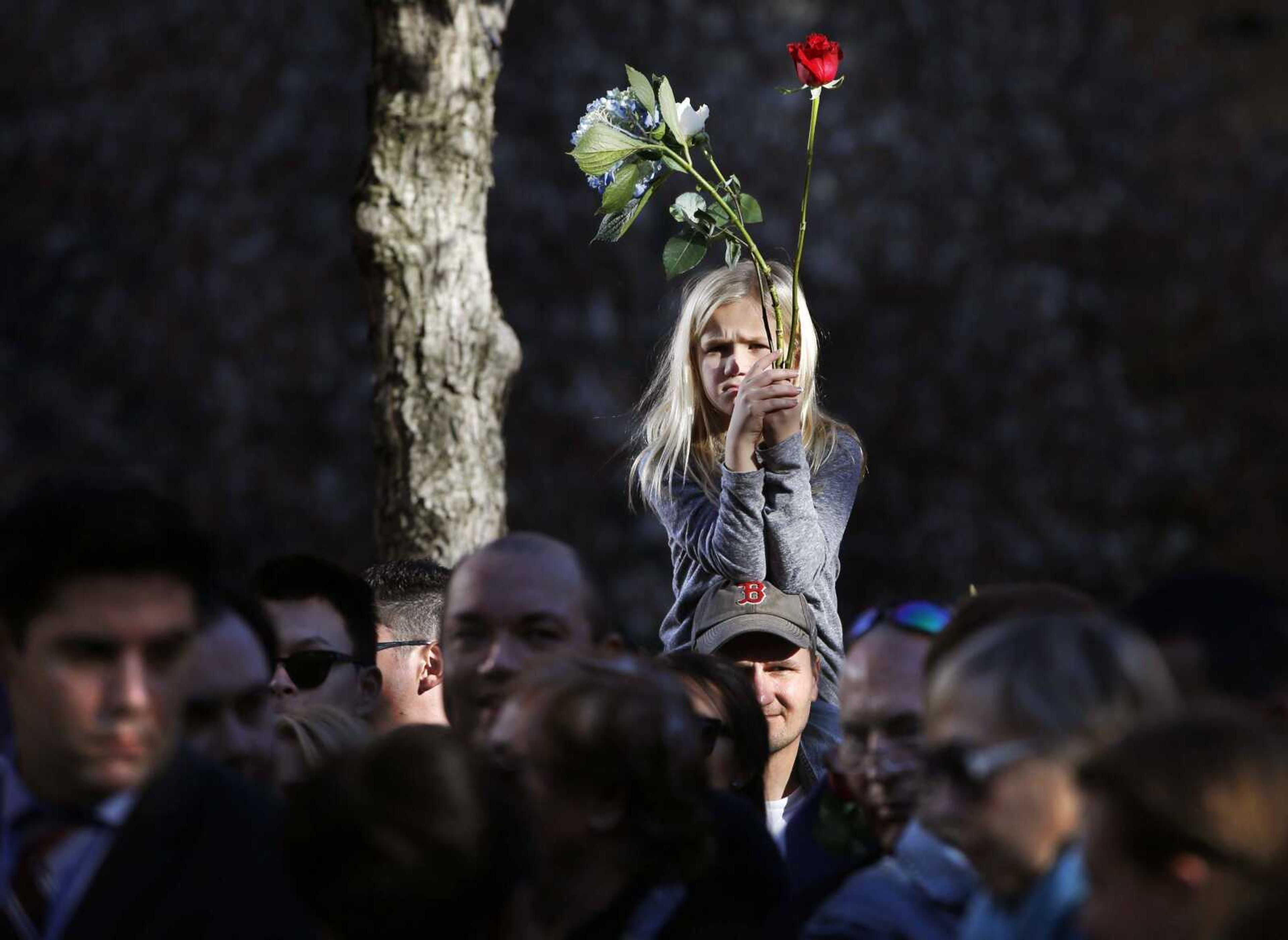Paris attacks leave parents, schools with tough questions
BOSTON -- The deadly attacks in France left schools and parents around the world grappling with what to say to children and how to say it. When classes resumed this week, many teachers struggled to decide whether to discuss what happened in Paris. Parents wondered whether to talk about the violence or how to explain it. From country to country, the topic was tackled in different -- and similar -- ways...
BOSTON -- The deadly attacks in France left schools and parents around the world grappling with what to say to children and how to say it.
When classes resumed this week, many teachers struggled to decide whether to discuss what happened in Paris. Parents wondered whether to talk about the violence or how to explain it. From country to country, the topic was tackled in different -- and similar -- ways.
Many schools held moments of silence to honor the hundreds of people who were killed or injured while out enjoying a Friday evening. Some held open discussions about terrorism and the Paris attacks. Teachers of younger students often tried to shield them from the topic.
At the Lycee Français de New York, students were called into assemblies by grade to talk about the news and their reactions.
"We took a really careful approach," said Elisabeth King, a spokeswoman for the French-language school in Manhattan. "It's really about listening and alleviating fear."
At Downtown Magnets High School in Los Angeles, social-studies teacher Daniel Jocz scrapped his lesson plan to discuss the attacks. He asked his 11th-grade students whether they had any questions and then taught a primer on the history and politics of the Middle East and North Africa.
"I want them to have a clear picture of the complexity," he said. "And I realize it's a daunting task, because many of them have not had any historical background."
In Toronto, the school district's director of education issued guidelines Monday to help teachers and parents address the subject with children. Tips included addressing students' concerns about the events and asking open-ended questions about their feelings.
Experts said parents should avoid talking about the attacks with children younger than 6. For older children, parents should invite them to watch the news as a family and then discuss it, said Dr. Steven Berkowitz, a child and adolescent psychiatrist at the University of Pennsylvania.
"For a lot of kids, this is part and parcel of the world they've grown up in," he said. "Often, kids may have less of a reaction to these events than we do as adults, and sometimes we're surprised by that, and we shouldn't be."
Berkowitz said parents should take care to avoid passing their own anxiety on to their children.
In the U.S., individual schools decided how to respond to the news. In Italy, the minister of education asked schools and universities to devote a minute of silence and at least an hour of reflection to the attacks.
Minister Stefania Giannini said in a message educators must help students "reject, today more than ever, any temptation toward xenophobia or racism."
Associated Press writers Charmaine Noronha in Toronto and Colleen Barry in Milan contributed to this report.
Connect with the Southeast Missourian Newsroom:
For corrections to this story or other insights for the editor, click here. To submit a letter to the editor, click here. To learn about the Southeast Missourian’s AI Policy, click here.










